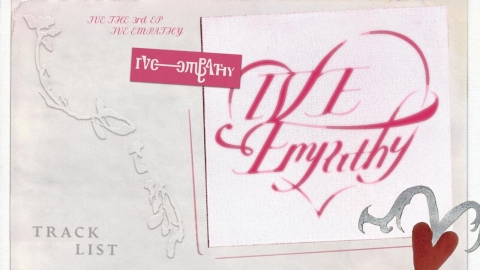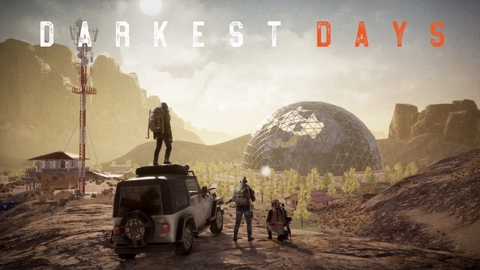Floor leaders of the ruling and opposition parties have started negotiations to deal with the special prosecution law related to the December 3 emergency martial law.
National Assembly Speaker Woo Won-sik said he would do his best to reach an agreement even by midnight, but the prospect of an agreement is uncertain as there are not a few differences between the ruling and opposition parties over the issue.
I'll connect you to the National Assembly and find out more. Reporter Lee Junyeop!
[Reporter]
Yes, it's the National Assembly.
[Anchor]
The ruling and opposition parties have entered into tug-of-war negotiations, right?
[Reporter]
Yes, at the plenary session held at 2 p.m. today, the ruling and opposition parties were supposed to agree on the special prosecution and deal with it.
However, due to the delay in the proposal of the People's Power's own 'Emergency Security Special Prosecutor Act', negotiations between the ruling and opposition parties failed to begin in earnest,
The plenary session of
has been adjourned with only the resolution of the request for the audit of the Board of Audit and Inspection related to the relocation of the presidential residence.
National Assembly Speaker Woo Won-sik urged the ruling and opposition parties to complete the consultation today and do their best to pass the agreement, as they have reached a concession plan before the adjournment.
[Won-Sik Woo / Speaker of the National Assembly: If the agreement doesn't go well, we will do our best to lock the door by 12 o'clock tonight.]
Chairman Woo, the People's Power Kwon Sung-dong and the Democratic Party's floor leader Park Chan-dae gathered in the chairman's office for negotiations again from around 3:10 p.m. a while ago.
Earlier, the ruling and opposition parties had been engaged in a war of nerves over the negotiation of the independent counsel law since the morning.
Floor leader Kwon Sung-dong called for the Democratic Party's withdrawal of the special prosecution at the floor meeting, expressing that negotiations on the special prosecution law were "chose to avoid the worst."
Even though there is virtually no reason to introduce it as most of the people involved, including President Yoon Suk Yeol, have already been arrested or are in the process of prosecution,
It is said that it is a "struggling measure" that the
Democratic Party of Korea has proposed to prevent it from carrying out the independent counsel's proposal, which is full of unconstitutional and illegal toxic provisions alone.
[Kwon Seong-dong / People's Power Floor Leader: This special prosecutor itself is useless. It's useless. So I hope that this special counsel bill itself will be withdrawn.]
On the other hand, floor leader Park Chan-dae of the Democratic Party vowed to deal with the independent counsel during the Supreme Council, saying, "The independent counsel for rebellion is essential for a serious crime that violates constitutional order and democracy."President
Yoon pointed out that although he was arrested, he exercised his right to remain silent and was uncooperative in the investigation, and new facts related to the civil war were revealed one after another.
[Park Chan-dae / Minjoo Party floor leader: We urge the people's power not to betray the people, but to engage in sincere consultations.]
The Democratic Party of Korea drew the line that there is no compromise that undermines the nature of the investigation into the rebellion, saying that it wants to give a subtitle, "I don't want to pay it, but I have to pay it."
Park Sung-joon, the deputy floor leader, also told reporters at the National Assembly that the ruling party seems to be trying to make a "Yoon Suk Yeol bulletproof independent counsel law" and stressed that if it comes up with an insincere proposal, it will be dealt with as an opposition bill today.
[Anchor]
The negotiation table is open, but the temperature gap between the ruling and opposition parties seems large, so please organize the issues.
[Reporter]
The sharpest part is the scope of the investigation.
The People's Power opposes the investigation into foreign exchange inducement charges contained in the opposition special prosecution law, saying it could politicize national security and leak confidential information.
In addition, many members of the People's Power Party say they should exclude the propaganda and instigation of civil war, which can be included in the investigation, as it is for the party's partisan interests.
On the other hand, the Democratic Party of Korea is confronting that excluding these charges is only a special prosecutor law, and it is no different from covering up the investigation properly.
However, considering that the situation is severe nationally, there are not many opinions within the party that a special prosecutor should be launched even if it makes concessions first.
In addition, the ruling party is demanding a maximum of 110 days, the opposition party calls for 150 days of investigation, and the ruling party calls for a drastic reduction in the number of investigators from 155 to 58.
[Anchor]
After President Yoon's arrest, the aftershocks continue in the political world, right?
[Reporter]
The People's Power called on the National Assembly's Legislative and Judiciary Committee today to open a question on pending issues targeting the head of the crime investigation department of high-ranking officials Oh Dong-woon.
The plan was to call Minister Oh to question the appropriateness of the arrest process, but the plenary session was held, but it was disbanded when Chairman Chung Chung-rae demanded consultation with the opposition party.
The ruling party's defense committee members also held a separate press conference and claimed that during the last arrest, the Senior Civil Servant Corruption Investigations Unit received an official seal of entry from the 55 Guard Corps guarding the outskirts of the official residence.
[Sung Il-jong / National Defense Committee Chairman, People's Power: In which country in the world can a state agency that wants to arrest a president bring a ragged note and seal it by proxy?]
On the other hand, the Democratic Party of Korea seems to be working on the message of people's livelihoods and diplomacy with a two-track approach to "suppression of civil war," which is represented by the push for the independent counsel law.
Lee Jae-myung repeatedly urged the government to draw up an extra budget, pointing to weak consumer sentiment and sluggish domestic demand at the Supreme Council.
[Lee Jae-myung / Minjoo Party leader: The government is still very lukewarm about the supplementary budget, which everyone recognizes, while insisting on early budget execution]
Rep. Cho Jung-sik and other Democratic U.S. delegations held a press conference and said they would attend the inauguration ceremony of the "Second Trump" to convey and persuade concerns such as reducing subsidies that Korean companies entering the U.S. are experiencing.
So far, I've delivered it to you by the National Assembly.
※ 'Your report becomes news'
[Kakao Talk] YTN Search and Add Channel
[Phone] 02-398-8585
[Mail] social@ytn.co.kr
[Copyright holder (c) YTN Unauthorized reproduction, redistribution and use of AI data prohibited]
Politics
More- Except for 'incitement of foreign exchange and civil war', the amendment to the Special Prosecutor Act passed by the National Assembly...Negotiations between the ruling and opposition parties broke down.
- Except for 'incitement of foreign exchange and civil war', the amendment to the Special Prosecutor Act passed by the National Assembly...Negotiations between the ruling and opposition parties broke down.
- [Breaking News] Excluding 'incitement of foreign exchange and civil war', amendment to the Special Prosecutor Act, passing the National Assembly...Negotiations between the ruling and opposition parties broke down.
- Concerns over 'Small Deal' between North Korea and the U.S. Are Real?..."High-level Diplomacy Urgent"
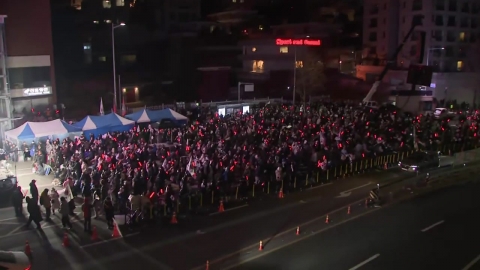
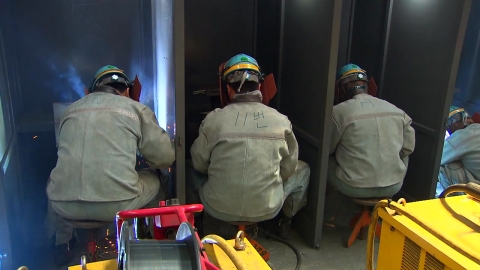
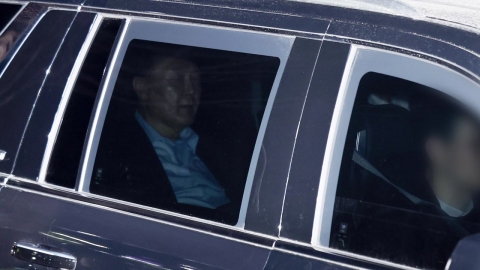
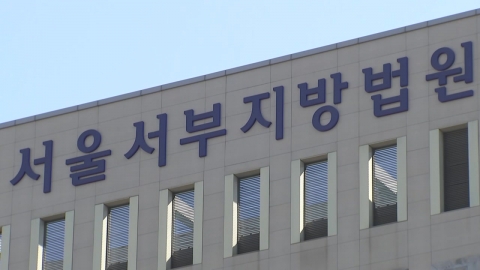
![[Yetterview] "I solved my thirst for the stage".ONEUS, who finished "Rotalking", went head-to-head in "Seven Years of Magic."](https://image.ytn.co.kr/general/jpg/2025/0117/202501171745398039_h.jpg)

